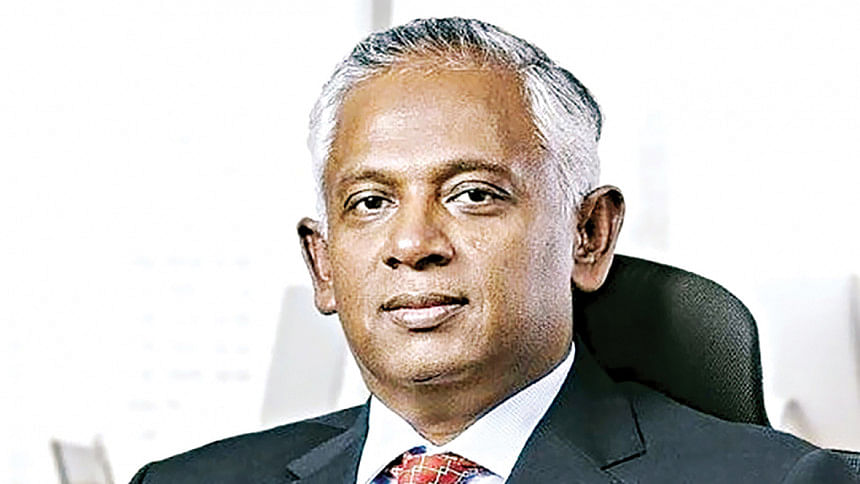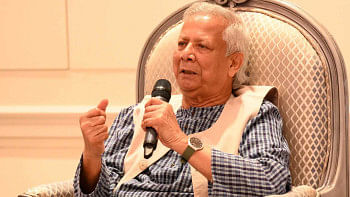When the watchdogs sleep

The inquiry committee – the corporate world's ultimate weapon of mass distraction. These panels, ornamented with terms of reference and corporate lingo, have gained global recognition not for delivering justice but for achieving the delicate art of appearing busy while doing absolutely nothing. From New York's Wall Street to Dhaka's Gulshan Avenue, inquiry committees are universally cherished by management whenever swift justice must be thoroughly avoided or derailed.
Consider this classic tale from the corridors of corporate drama. A friend recently shared a story that would make even Franz Kafka raise an eyebrow. A senior manager, let's call him Jamal, found himself under fire, accused of misconduct. Among the accusers was one — let's call him Tanim Chowdhury — who is a man that seemingly models his corporate ethics after a Bollywood villain.
In an unexpected plot twist worthy of a binge-worthy Netflix legal thriller, Jamal didn't just defend himself. He went on the offensive, filing a counter-complaint that painted Tanim and his band of boardroom plotters as the true villains. Now, logic would dictate that an independent party be appointed to investigate both claims. But why go with logic when you can opt for theatre?
The company, in its infinite wisdom, decided to appoint none other than Tanim himself as chairman of the inquiry committee. Yes, the very man accused of orchestrating the conspiracy was now tasked with investigating it. If irony were a currency, this boardroom could fund a space mission in partnership with Elon Musk.It's like asking Tom to conduct a fair trial on Jerry's cheese-related offences. And if you think this only happens in Bangladesh, think again. Remember the Wells Fargo scandal in the US? After opening millions of fake accounts, the bank launched an internal investigation largely led by board members who were, let's just say, not entirely disconnected from the fiasco. The recent investigation of Nagad has revealed similar kinds of misconduct.
Such committees are often not about uncovering truth; they are about controlling narratives. They serve as corporate songs – soothing the stakeholders with procedural jargon while ensuring that nothing inconvenient sees the light of day. They delay accountability, deflect responsibility, and more often than not, deliver conclusions as predictable as a Bollywood movie ending.
Breach of natural justice, which refers to appointing an accuser as an investigator, violates procedural fairness and is routinely overturned. Corporate governance codes mandate independent, conflict-free committees. Regulatory bodies can void biased inquiries. Ethical standards demand integrity and objectivity – absent here, this process is entirely indefensible. Don't Tanim and his board understand this? They do, of course!
Inquiry committees are neither legally tenable nor ethically defensible. At best, it's a public relations charade; at worst, it exposes the company to regulatory sanctions for wilful breach of fair-investigation and governance norms. A genuinely impartial panel – ideally including external experts – is the only way to satisfy both law and ethics. But in Bangladesh, who cares about the law when ensuring justice takes decades?
Meanwhile, as all this unfolded, the regulators watched from the sidelines like spectators at a circus. They distanced themselves from it as an "internal matter", a classic cop-out that enables corporate wrongdoing to flourish with impunity.
This institutional apathy isn't new. Even in the Volkswagen emissions scandal, regulators were accused of turning a blind eye for years while the company gamed the system. In Jamal's case, the silence of the watchdogs became the loudest endorsement of the manipulators. In the end, Jamal may or may not find justice. But one thing is certain: the committee will submit a thick report with flowcharts, footnotes, and findings that satisfy everyone – except the truth. And in the world of corporate inquiry, that's just business as usual at the cost of the victim.
The author is president of the Institute of Cost and Management Accountants of Bangladesh and founder of BuildCon Consultancies Ltd.

 For all latest news, follow The Daily Star's Google News channel.
For all latest news, follow The Daily Star's Google News channel. 



Comments